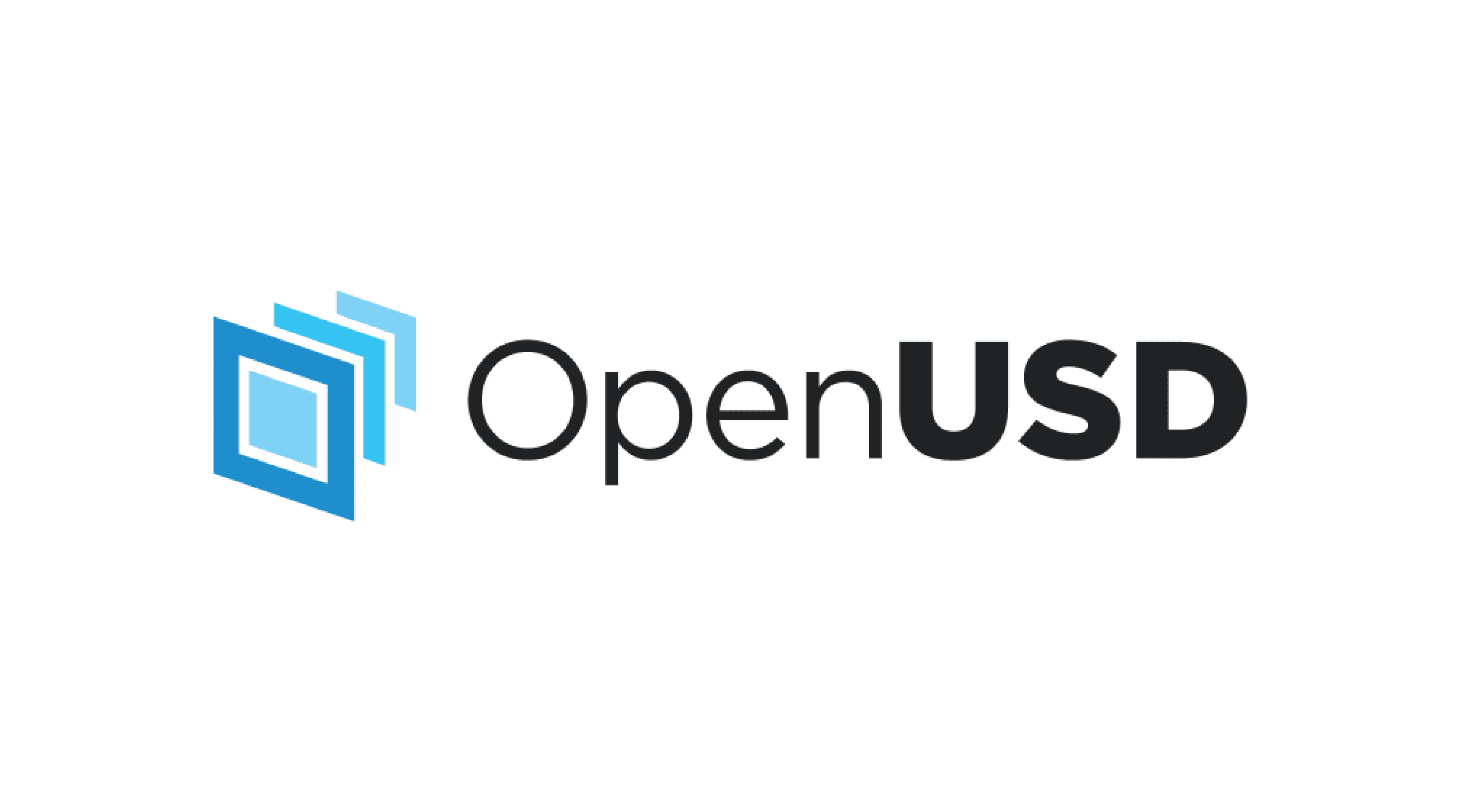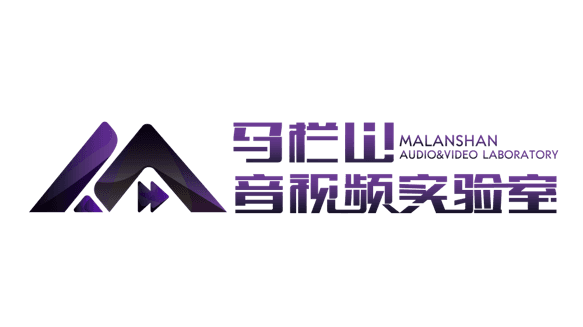
Developed using Rust and targeting WebAssembly (WASM) for broad compatibility, Gauzilla is an open sourced (MIT License) 3DGS renderer capable of running in a browser.

Platform-Agnostic Approach: Gauzilla is designed to run seamlessly across various web browsers, thanks to its use of WebGL and CPU splat sorting (from Antimatter15). This platform-agnostic nature ensures that Gauzilla can reach a broad audience without compatibility issues.
Lock-Free Multithreading: One of the significant challenges in leveraging WASM is its limitations in multithreading. Gauzilla overcomes this through a lock-free bus mechanism, enhancing performance and scalability. Lock-free multithreading allows efficient, concurrent processing of rendering tasks. By circumventing the limitations of WASM in multithreading, Gauzilla can leverage the full potential of modern multi-core processors, leading to faster and smoother rendering.
Secure File Loading: The renderer uses 'rfd' to load PLY files securely, ensuring that user data remains safe and protected.
Gauzilla also focuses on user experience. With intuitive orbit and fly camera controls, users can interact with 3D scenes effortlessly. Whether it's rotating the view or zooming in and out, the controls are designed to be user-friendly and accessible.
Building and using Gauzilla is straightforward. Users need to install the nightly version of Rust and other necessary packages, followed by running a build script. The process is designed to be as simple as possible, ensuring that even those new to 3D rendering can get started without hassle.
While already a powerful tool, Gauzilla is set for further enhancements. Plans include optimizing key functions, improving user interface elements like progress bars, and adding more intuitive control options.
We'll keep you posted as Gauzilla to be updated!







